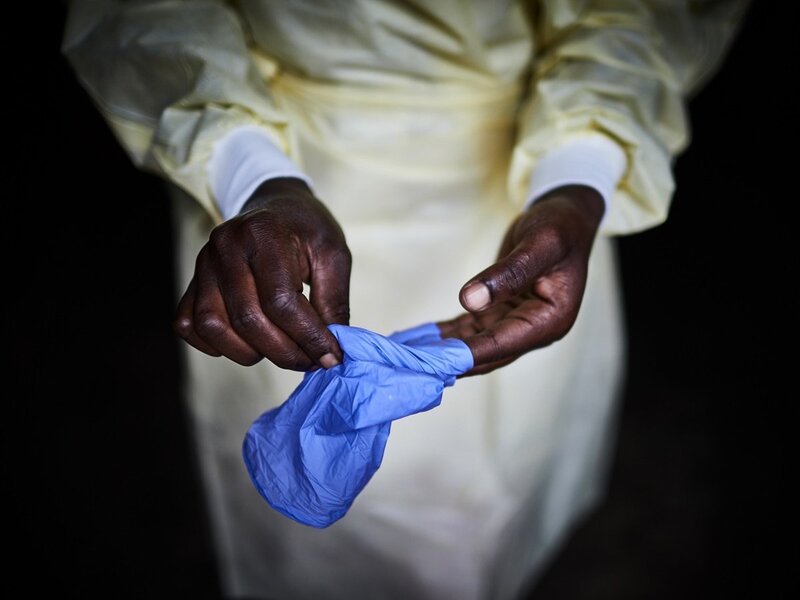
$50bn SDG-targeted investment proposals at SDG Investment Fair
Over 100 SDG-aligned projects with a total investment scope of $ 50 billion have been presented during the ...

People in intensive care and newborns are particularly at risk. And the report reveals that approximately one in four hospital-treated sepsis cases and almost half of all cases of sepsis with organ dysfunction treated in adult intensive-care units are healthcare-associated.
On the eve of World Hand Hygiene Day, the WHO previewed the first ever Global Report on Infection Prevention and Control which brings together evidence from scientific literature and various reports, and new data from WHO studies.
“The COVID-19 pandemic has exposed many challenges and gaps in IPC in all regions and countries, including those which had the most advanced IPC programs,” said Dr Tedros Adhanom Ghebreyesus, WHO Director General. “It has also provided an unprecedented opportunity to take stock of the situation and rapidly scale up outbreak readiness and response through IPC practices, as well as strengthening IPC programs across the health system. Our challenge now is to ensure that all countries are able to allocate the human resources, supplies and infrastructures this requires.”
The new WHO report provides the first-ever global situation analysis of how IPC programs are being implemented in countries around the world, including regional and country focuses. While highlighting the harm to patients and healthcare workers caused by HAIs and antimicrobial resistance, the report also addresses the impact and cost-effectiveness of infection prevention and control programs and the strategies and resources available to countries to improve them.
The impact of healthcare associated infections and antimicrobial resistance on people’s lives is incalculable. Over 24% of patients affected by health care-associated sepsis and 52.3% of those patients treated in an intensive care unit die each year. Deaths are increased two to threefold when infections are resistant to antimicrobials.
In the last five years, the WHO has conducted global surveys and country joint evaluations to assess the implementation status of national IPC programs. Comparing data from the 2017–18 and the 2021–22 surveys, the percentage of countries having a national IPC program did not improve; furthermore in 2021–22 only four out of 106 assessed countries (3.8%) had all minimum requirements for IPC in place at the national level. This is reflected in inadequate implementation of IPC practices at the point of care, with only 15.2% of health care facilities meeting all of the IPC minimum requirements, according to a WHO survey in 2019.
However, encouraging progress has been made in some areas, with a significant increase being seen in the percentage of countries having an appointed IPC focal point, a dedicated budget for IPC and curriculum for front-line health care workers’ training; developing national IPC guidelines and a national program or plan for HAI surveillance; using multimodal strategies for IPC interventions; and establishing hand hygiene compliance as a key national indicator.
Many countries are demonstrating strong engagement and progress in scaling-up actions to put in place minimum requirements and core components of IPC programs. Progress is being strongly supported by WHO and other key players. Sustaining and further expanding this progress in the long-term is a critical need that requires urgent attention and investments.
The report reveals that high-income countries are more likely to be progressing their IPC work, and are eight times more likely to have a more advanced IPC implementation status than low-income countries. Indeed, little improvement was seen between 2018 and 2021 in the implementation of IPC national programs in low-income countries, despite increased attention being paid generally to IPC due to the COVID-19 pandemic. The WHO will continue to support countries to ensure IPC programs can be improved in every region.
Over 100 SDG-aligned projects with a total investment scope of $ 50 billion have been presented during the ...
Global electric car sales are set to hit around 17 million by the end of ...
Ericsson Canada marked the Earth Day by joining the Environment and Climate Change Canada’s (ECCC) Net-Zero ...


Definitely a very good article. I think you have shared some really good learning resources for Web Portal Development for beginners. refrigerated transport services